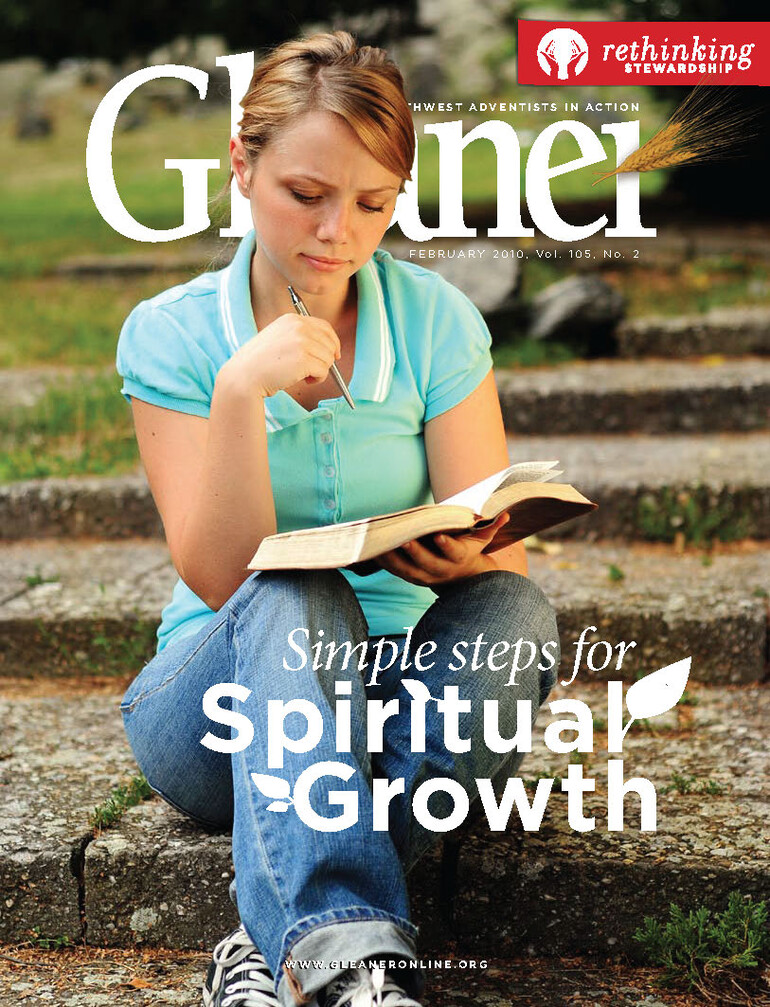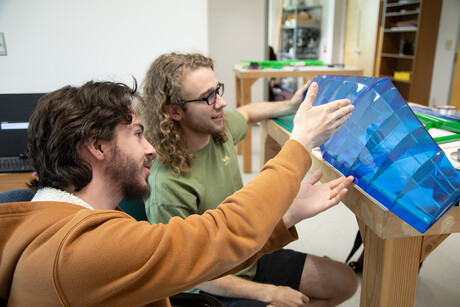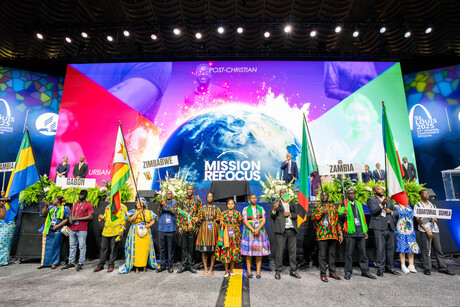Last month I shared how I was privileged, early on in my ministry, to share Wednesday afternoons with Mel Rees. Around his dining room table I learned some "big ideas" about stewardship. These are ideas I still believe in and remember. The first big idea is — God owns everything. I am always only a manager of those resources — never their owner.
The second big idea I learned is an equation which says time + talent = life. When a person is born, God gives them two things — a measure of time and a measure of talent. Time and talent are the essential tools of stewardship. Note that money is not included in that equation.
In a simple society time and talent would be all we needed. Bartering would exchange resources when necessary. Yet time and talent have a critical limitation. They cannot be stored nor transported easily. Time past is time gone, and talents are useful only in the present. And that's where money comes to the rescue. In our complex society a man who is not a builder can use his time and talents in a job he is able to convert into money which he can store until he has enough for the home he wants built. Money must be regarded for what it is — a compound of time and talent, useful only as a medium of exchange.
Imagine yourself resting beside a sparkling mountain stream in the bottom of a deep gorge near a high mountain. You feel something crinkle in your shirt pocket and discover a twenty dollar bill. You take it out and look at it from an entirely new vantage point. Before you can use that twenty dollar bill you have to hike up the side of the mountain for two and one half hours. Then you must drive over a rough Forest Service road for sixty-seven miles. When you finally reach the junction with the main highway there is a little store where this twenty dollar bill can be used.
This brings us to the most important point about money. To be valuable, money must be reconverted into its original components. It must be reconverted into time and talent (or a product which represents time and talent) before it is useful again.
When a Christian steward places a gift of money in the offering plate, he is in reality placing a portion of his life there — that portion expended in producing the money. If one does not wish to give money to the Lord's cause, he really does not wish to give his life. The basis of Christianity is the entire life belongs to God — even the portion represented by money. Someone has said money is life done up in a convenient package for storage and use.
With the proper regard for money, one may go to a mission field without ever leaving home. As money is sent to further the gospel in foreign lands, it is actually a portion of the life of the giver, which is converted into the time and talents of the missionary. A Christian steward can use his or her time and talent for God in the community, then with the aid of money, labor vicariously all over the world.
What a thrilling prospect. What a great privilege and honor. Every time we give a financial gift we are giving a part of ourselves — it is truly an act of worship.









